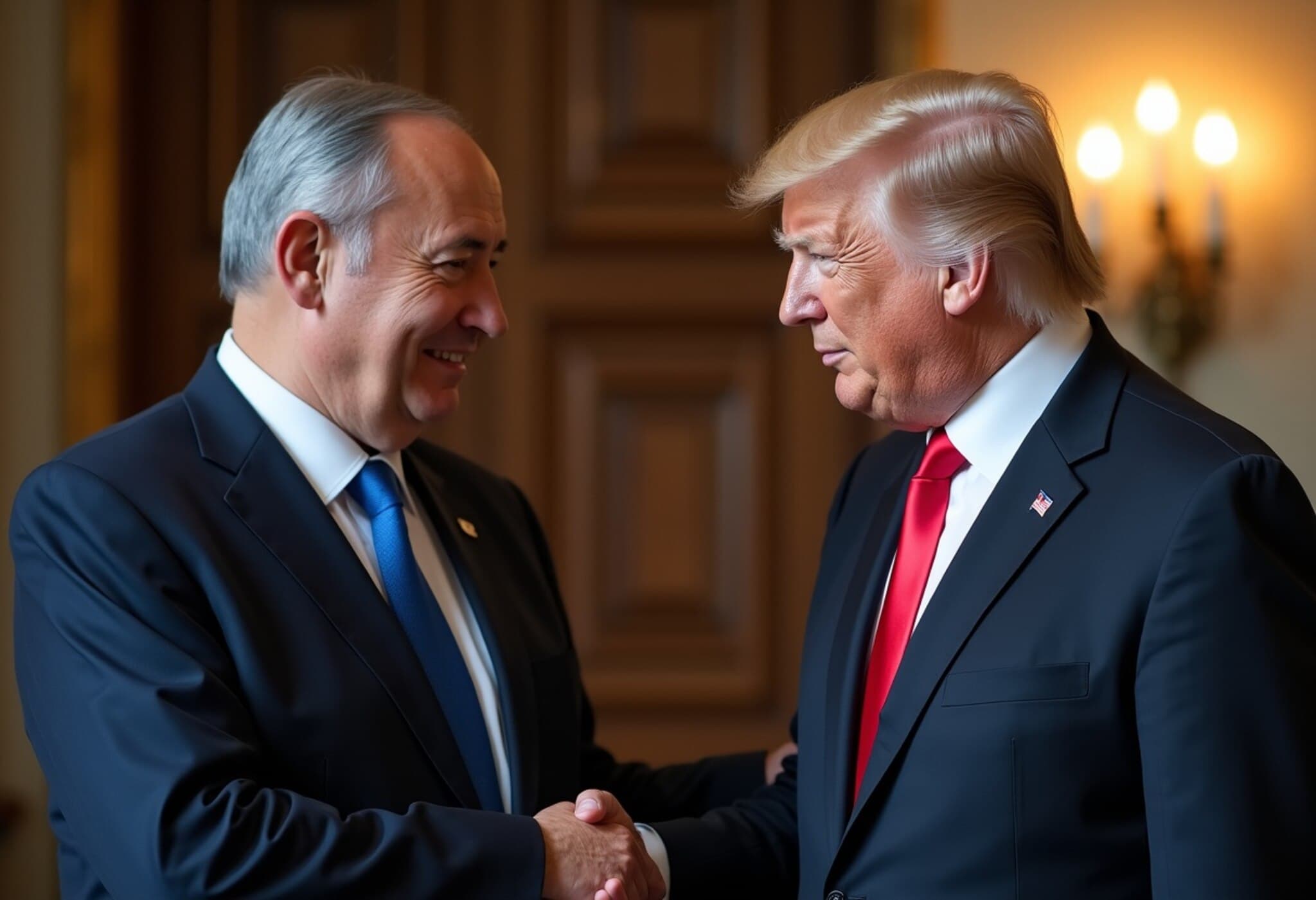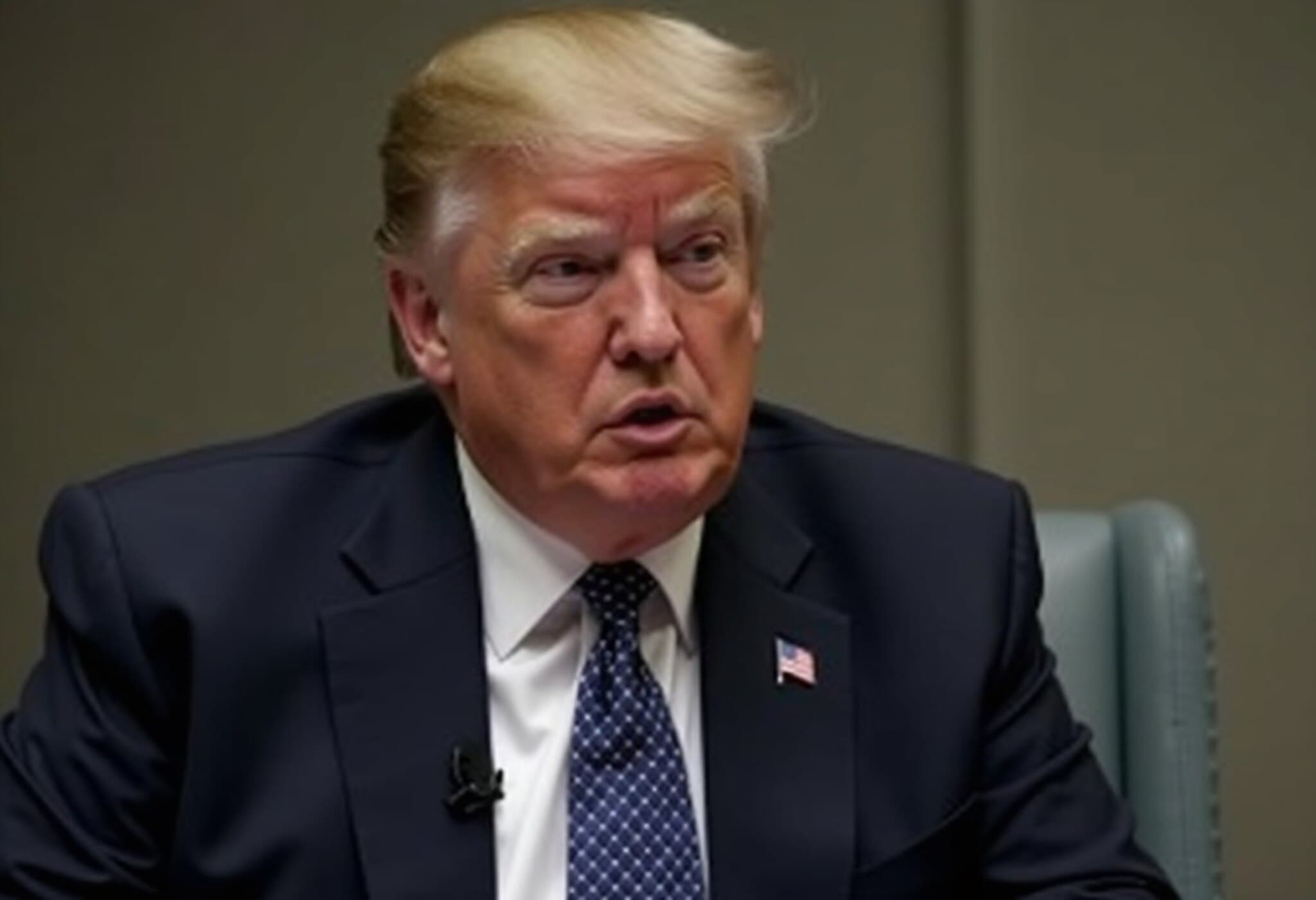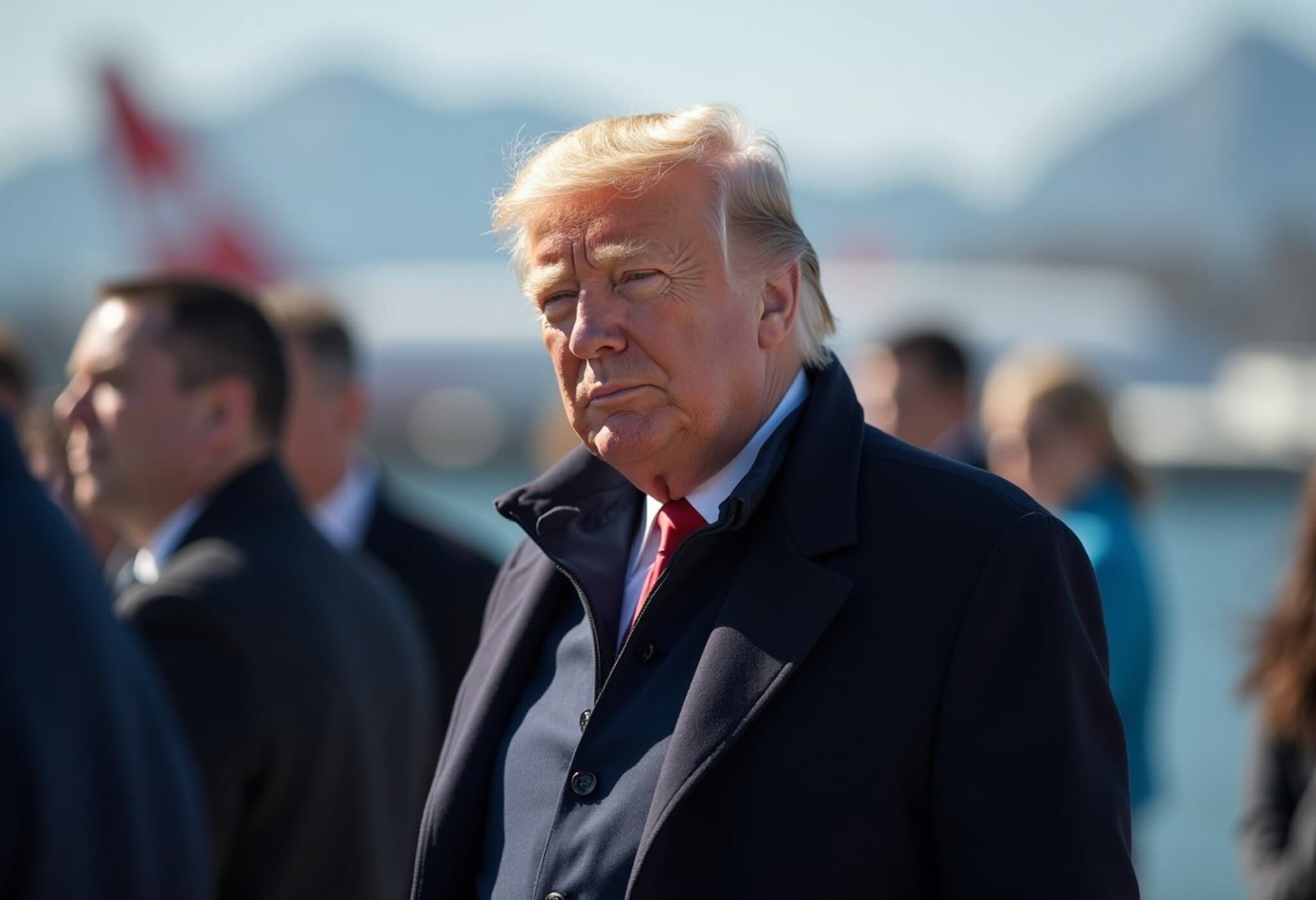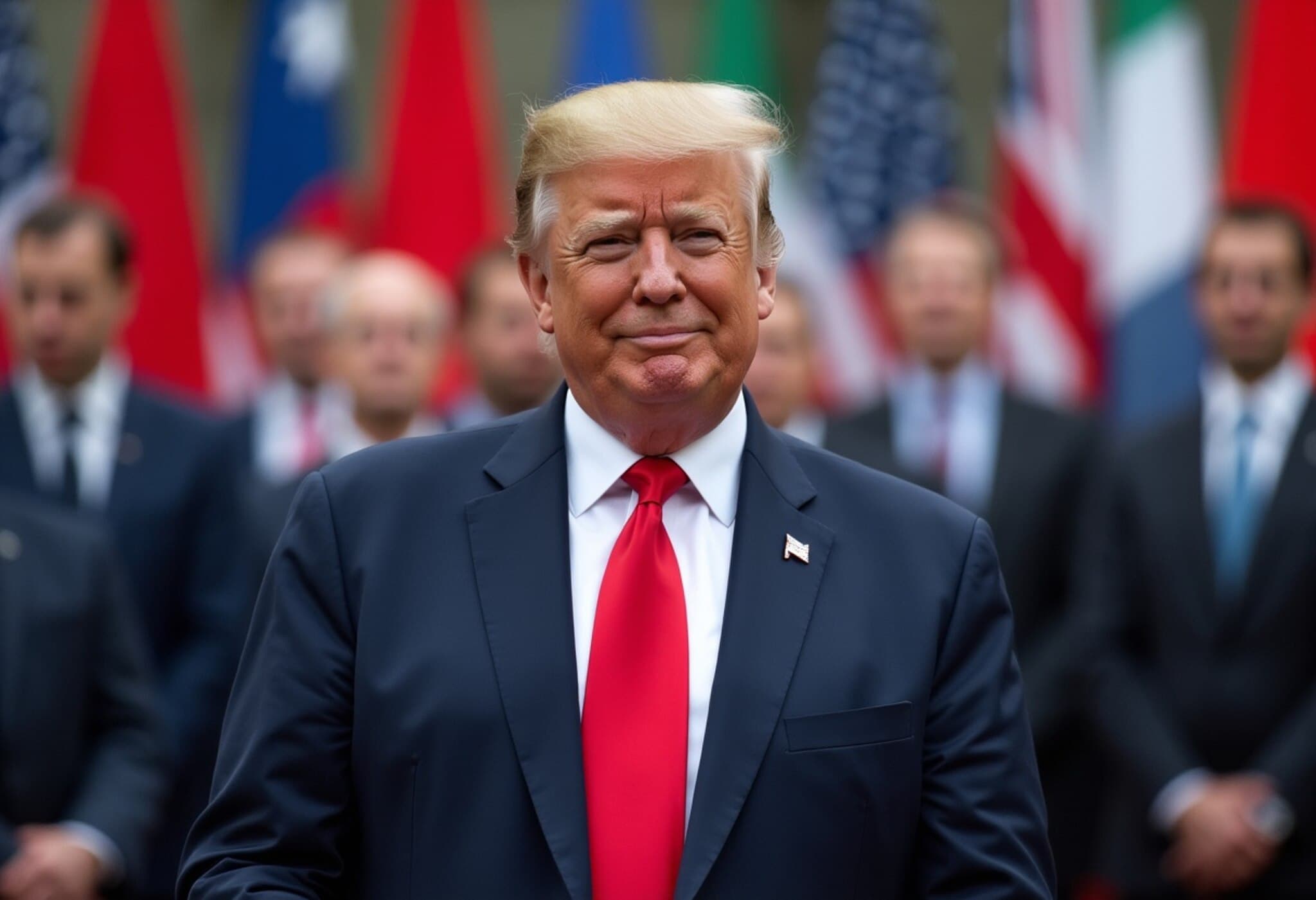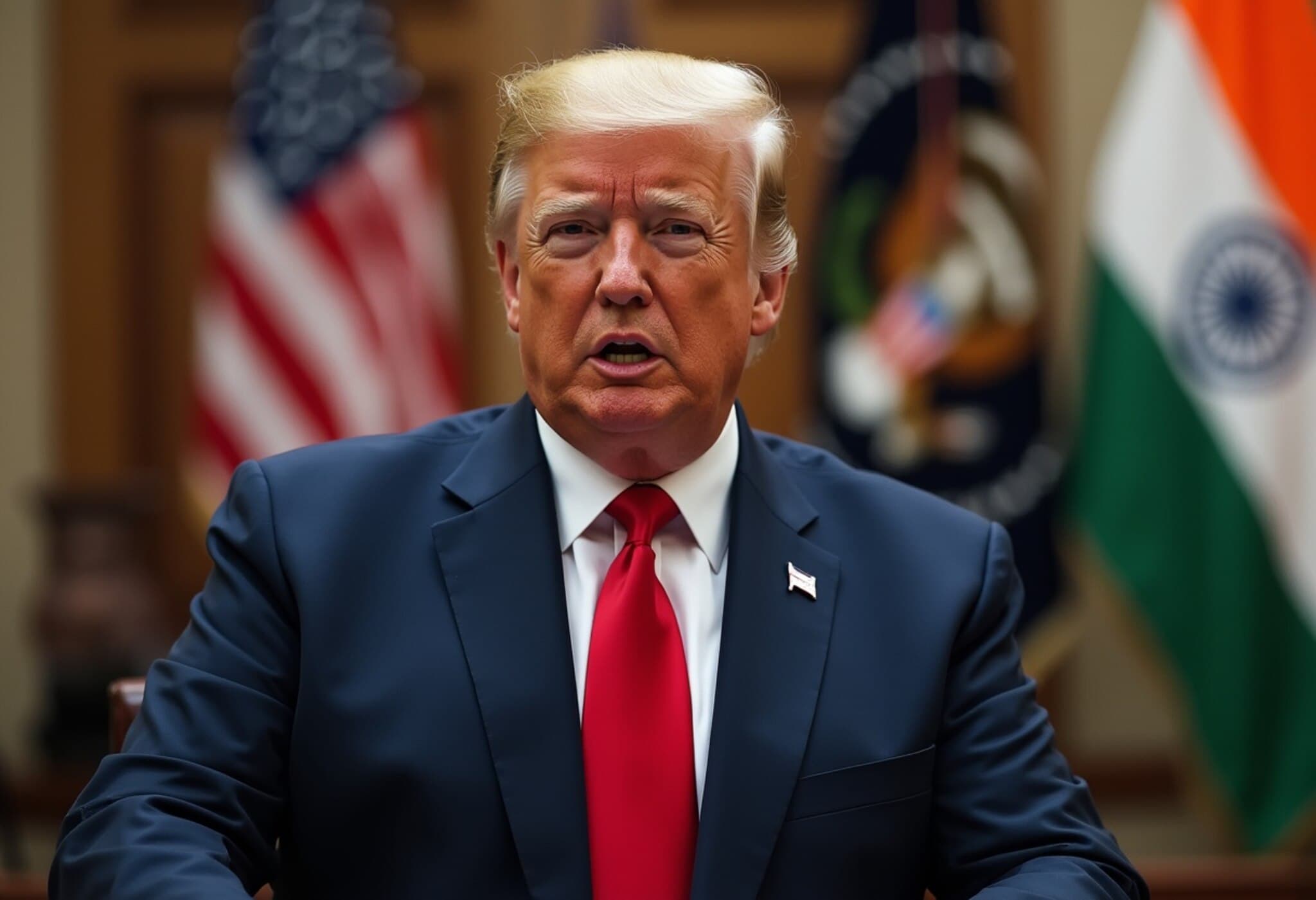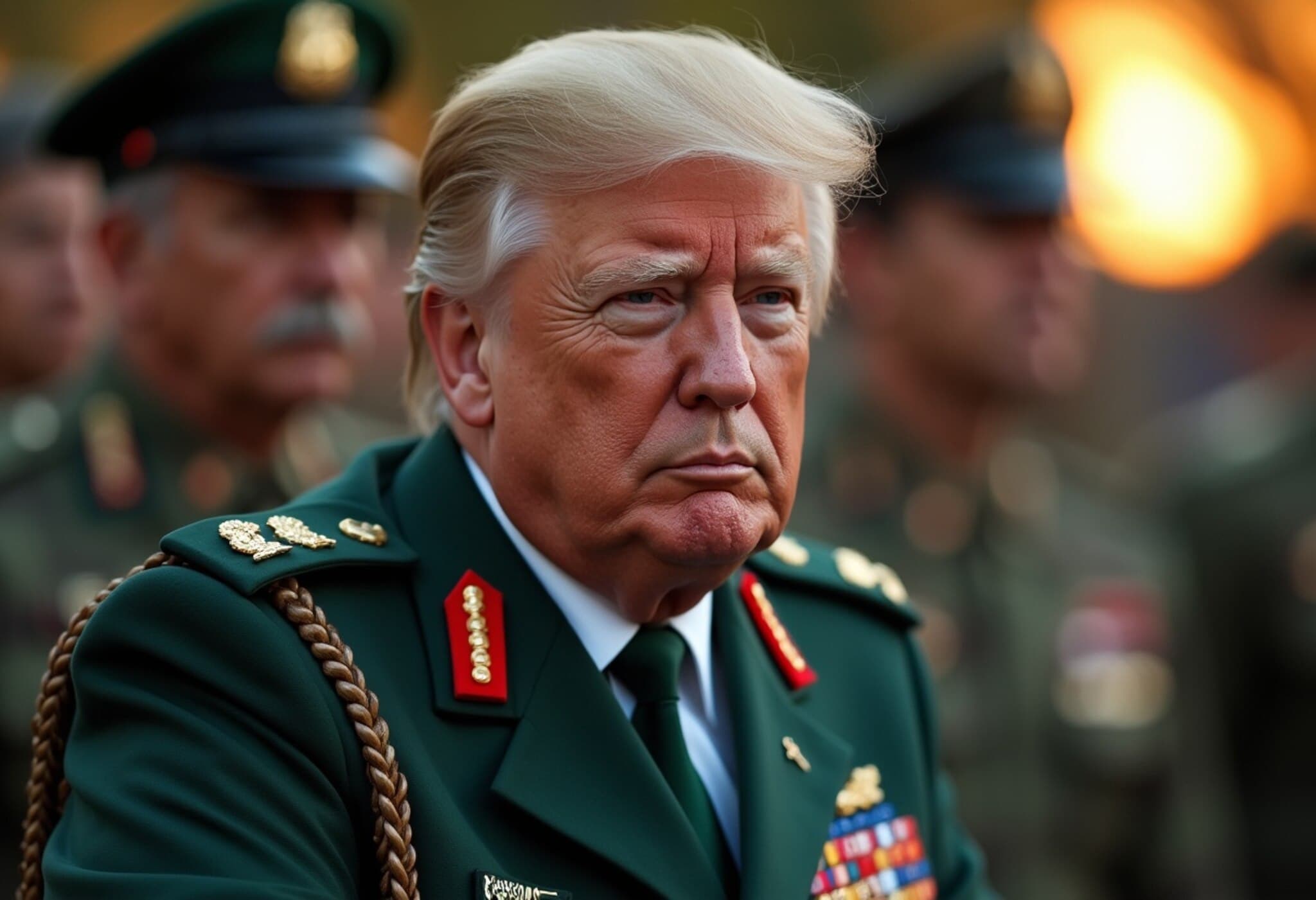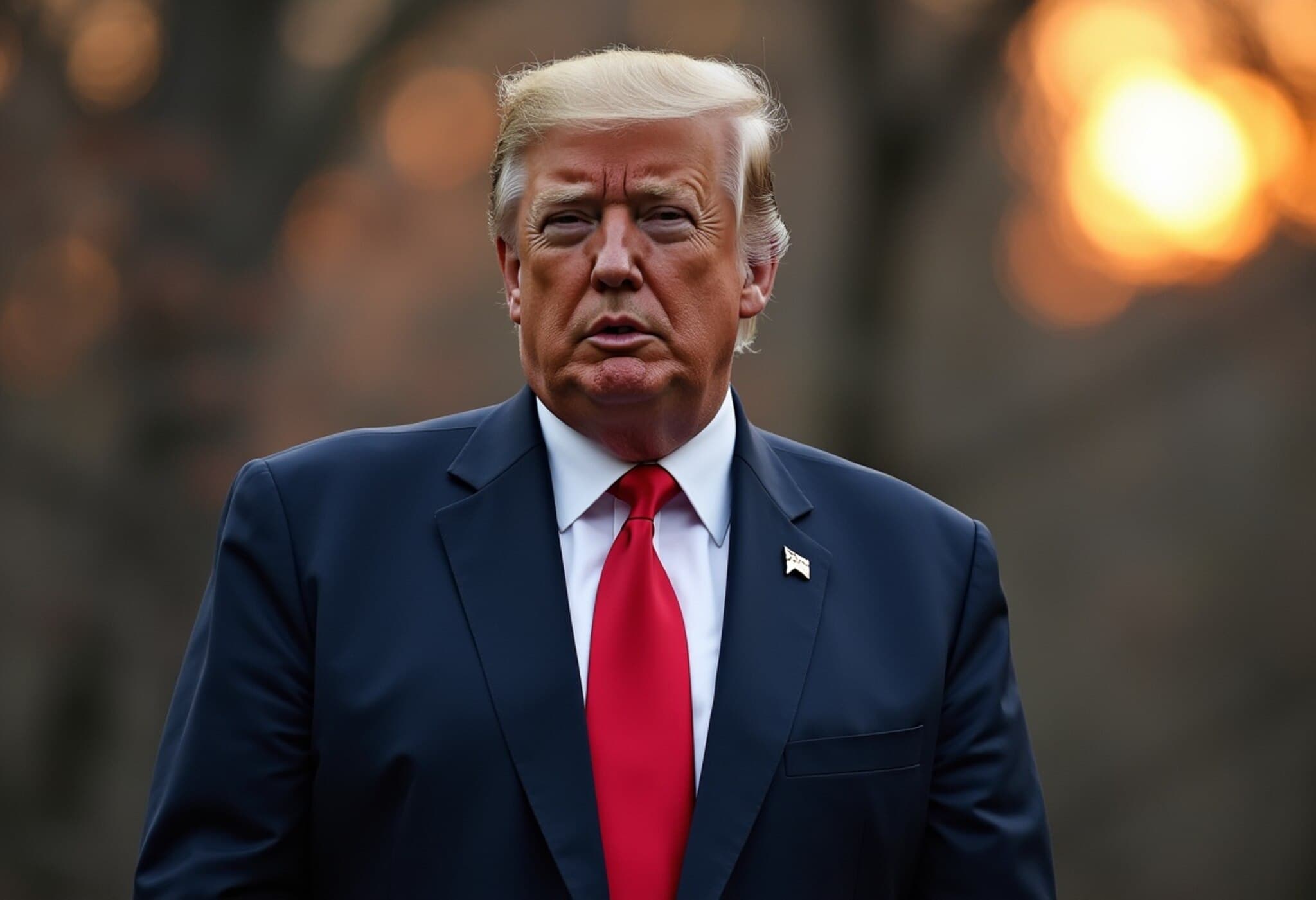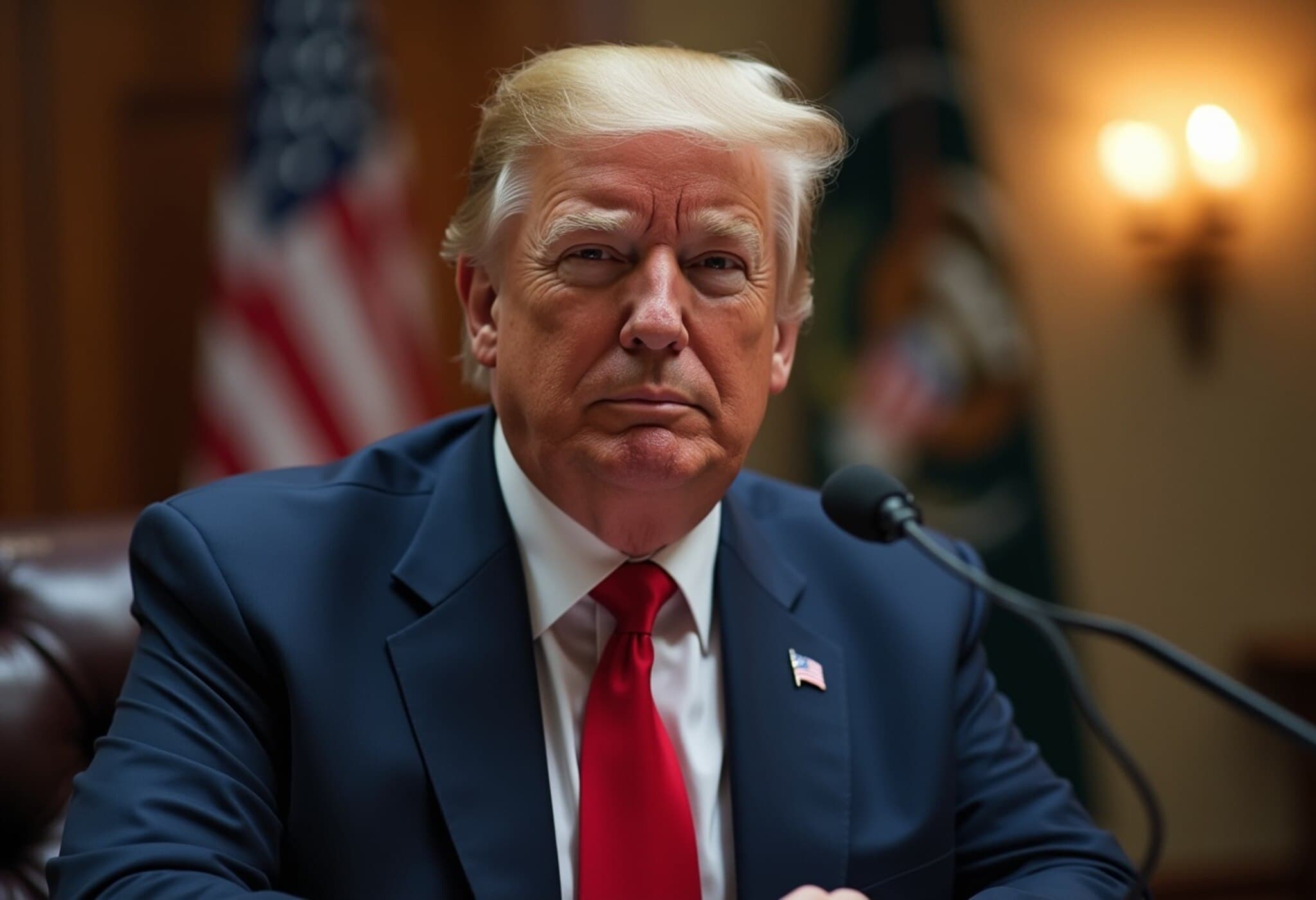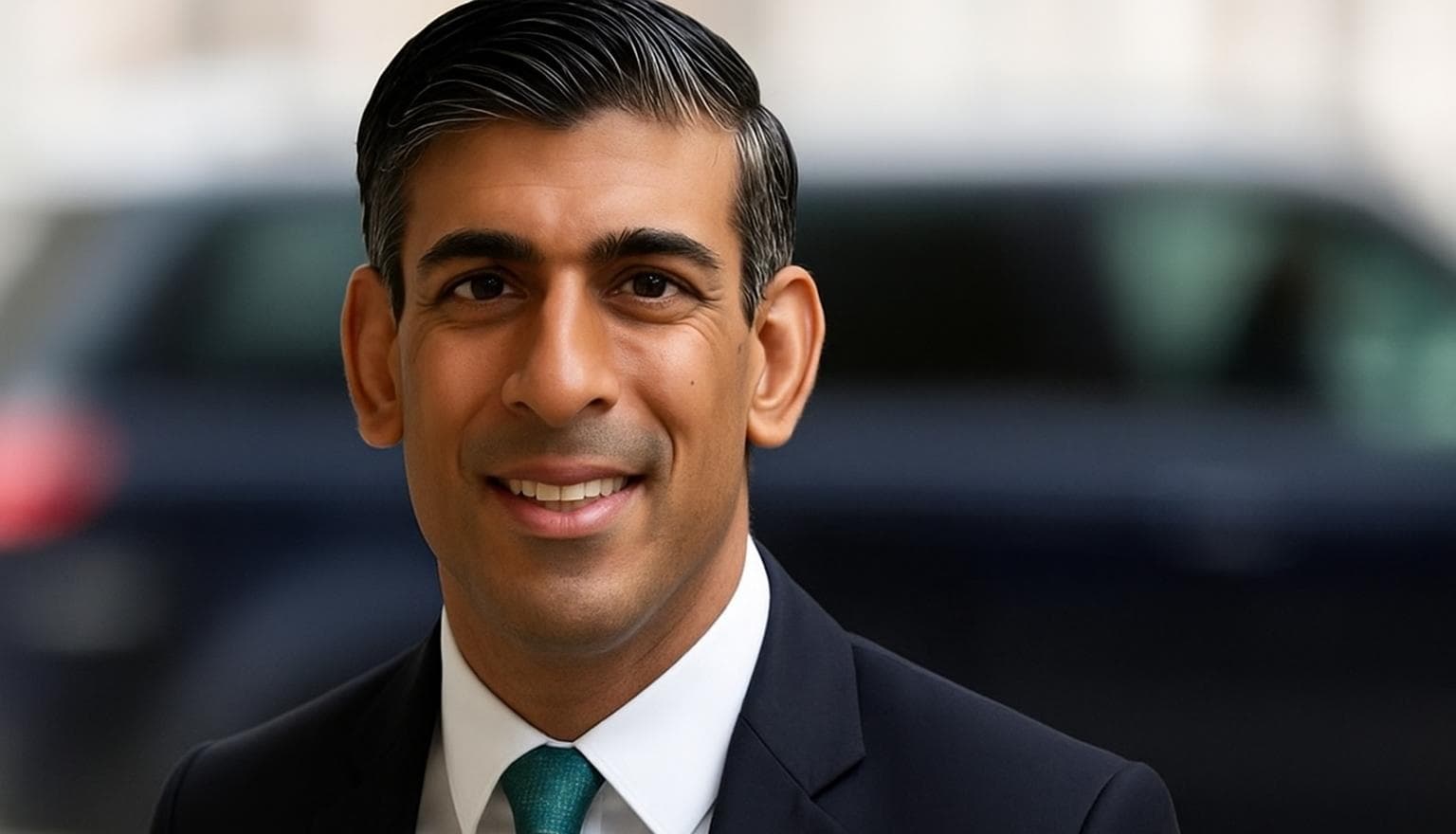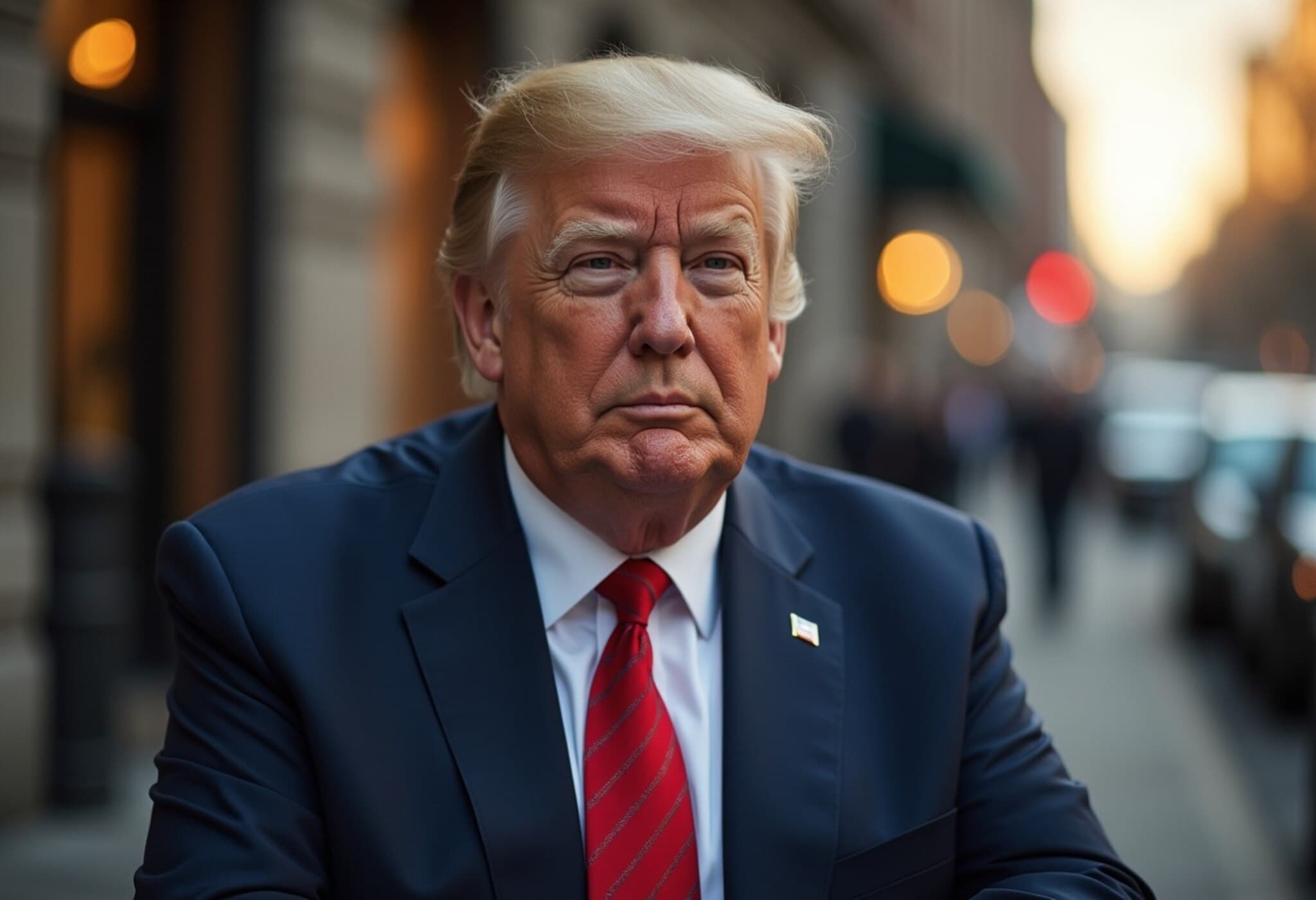Assessing Donald Trump’s Eligibility for the Nobel Peace Prize
As the global community watches closely, a notable nomination has stirred debate: Israeli Prime Minister Benjamin Netanyahu has put forth US President Donald Trump as a candidate for the Nobel Peace Prize. If successful, Trump would join an exclusive list as the fifth US president to receive the accolade, alongside Theodore Roosevelt, Woodrow Wilson, Jimmy Carter, and Barack Obama.
Understanding the Nobel Peace Prize: Criteria and Process
Who Qualifies for the Prize?
The Nobel Peace Prize is rooted in the vision of its founder, Swedish industrialist Alfred Nobel, who stipulated that the honor should reward the individual who has most effectively contributed to fostering international fellowship, the reduction or abolition of standing armies, and the promotion of peace congresses.
Jorgen Watne Frydnes, Chair of the Nobel Peace Prize Committee, has emphasized that the award can, in theory, go to virtually anyone. Historically, recipients hail from diverse backgrounds all over the world, reflecting a wide range of societal layers and contributions.
Who is Eligible to Nominate?
Nominations can come from a broad spectrum of influential figures, including:
- Current heads of state and government officials
- Members of national assemblies and parliaments
- University professors specializing in history, social sciences, law, and philosophy
- Former Nobel Peace Prize laureates
Self-nomination, however, is strictly prohibited. While the Nobel Committee keeps nominee lists confidential for 50 years, nominators may publicly reveal their selections.
The Decision Makers Behind the Prize
The Norwegian Nobel Committee oversees the selection process. Comprised of five members appointed by Norway’s parliament, these individuals typically include retired politicians and public figures with expertise in human rights and diplomacy. The committee’s makeup is designed to reflect Norway’s political balance, ensuring a range of perspectives.
The Journey from Nomination to Award
Nominations must be submitted by January 31 annually. Since Netanyahu’s nomination of Trump came after this deadline, it will only be considered in the subsequent award cycle. After closing nominations, the committee vets candidates through consultations with permanent advisers and experts.
Decisions ideally rest on consensus but can be made by majority vote. The final award recipient is often announced mere days before the public announcement in October.
Historical Controversies Surrounding the Prize
The Nobel Peace Prize has never been without its share of contention. It has frequently served as a political statement:
- Barack Obama received the prize within months of assuming office, sparking debate about the timing and criteria.
- The 1973 award to Henry Kissinger and Le Duc Tho for Vietnam War negotiations prompted resignations from committee members.
- The 1994 shared prize between Yasser Arafat, Shimon Peres, and Yitzhak Rabin also triggered dissent within the committee.
These episodes underscore the prize’s complex role at the intersection of diplomacy, global politics, and symbolic recognition.
What Recipients Receive
The laureate is honored with a medal, a diploma, and a monetary award—currently about 11 million Swedish kronor (approximately USD 1.15 million). Beyond the tangible rewards, winners gain immense global recognition, which often amplifies their platform and influence.
When and Where is the Prize Announced and Presented?
The winner is traditionally announced each year on October 10th at the Norwegian Nobel Institute in Oslo. The formal award ceremony takes place on December 10th at Oslo City Hall, commemorating the anniversary of Alfred Nobel's death.
Expert Insight: What Could Trump’s Nomination Mean?
While the nomination itself is symbolically meaningful, experts caution that the Peace Prize is as much about diplomacy and global perceptions as it is about concrete accomplishments. Trump's polarizing tenure and unique approach to international relations raise complex questions about the evolving narrative of peacebuilding in the 21st century.
Moreover, this nomination invites reflection on how peace is defined—whether through traditional diplomatic achievements or through broader, more nuanced understandings of global stability and conflict resolution.
Key Questions Moving Forward
- How does the Nobel Committee weigh controversial political figures in its decision-making process?
- In what ways might this nomination reshape or reflect the politicization of the Nobel Peace Prize?
- What precedent does awarding—or not awarding—a figure like Trump set for future laureates?
Editor’s Note
The nomination of President Donald Trump for the Nobel Peace Prize opens a window into the persistent tension between the prize’s aspirational ideals and the realities of international politics. As observers, it's crucial to critically engage with the criteria and implications of such recognitions. The future decision will not only reflect on Trump's legacy but may also signal evolving global attitudes toward peace and diplomacy.

